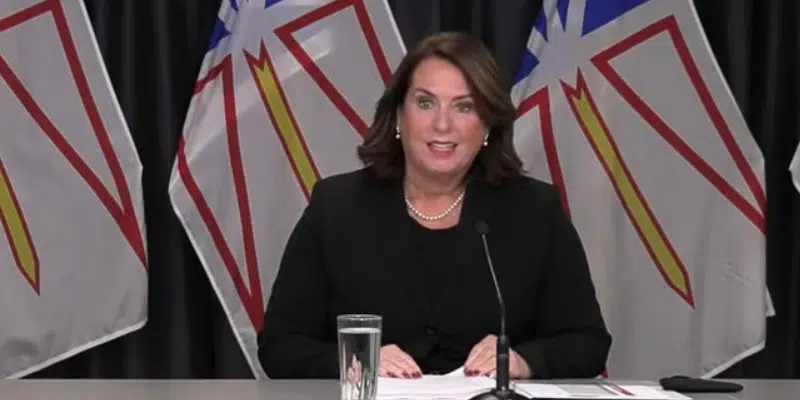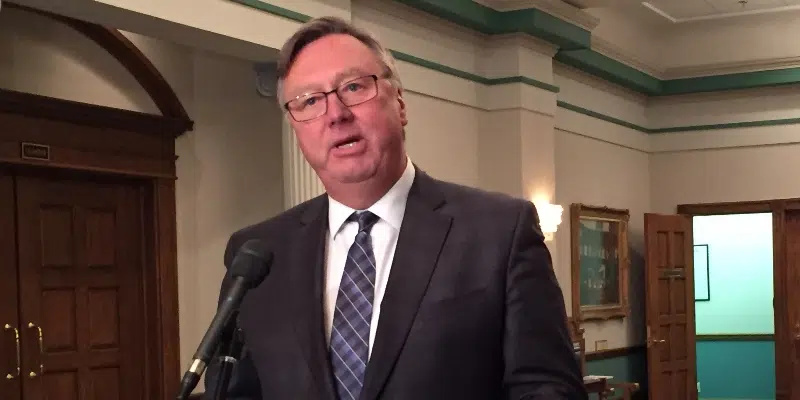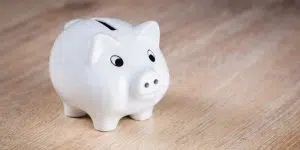The provincial government provided its fall fiscal update today, reporting improvements across the board for its bottom line.
In the six months since the budget was brought down, the province’s deficit has been cut by $231-million dollars, from $826-million to $595-million.
Net debt is also down by half a billion dollars, from $17.2-billion to $16.7-billion.
The better numbers are attributed to numerous factors, including an increase in revenue of $186-million, mainly from corporate income tax revenue increases, mining and mineral rights tax revenue due to higher than expected iron ore prices, as well as sales tax revenue.
There was also a decrease in spending of $45-million due to delays in municipal infrastructure projects, as well as vacancies and delayed recruitment in core departments of government.
The amount government feels it has to borrow is also down slightly from $1.7-billion to $1.5-billion, which is directly linked to the lower deficit.
Meanwhile, the province has changed its assumptions on the price of a barrel of oil, revising it from 64 up to 74 dollars.
That’s a result of higher prices due to more demand than expected as the world continues to recover from the COVID-19 pandemic.
However, the province says any increased revenue from that was offset by less production.
Opposition Claims Improvements a ‘Product of Good Luck’
Meanwhile, the Opposition Tories are refusing to give the government credit for the improved fiscal outlook.
Finance critic Tony Wakeham says the reasons driving the reduction in the debt and deficit weren’t the result of anything the Liberals did.
He says it appears it’s the product of good luck and good fortune rather than good fiscal management, adding the increased revenues were mainly the result of mining royalties and corporate income tax.
Wakeham also points out any oil revenues were offset by a lack of production, which he does lay at the feet of the government.
























